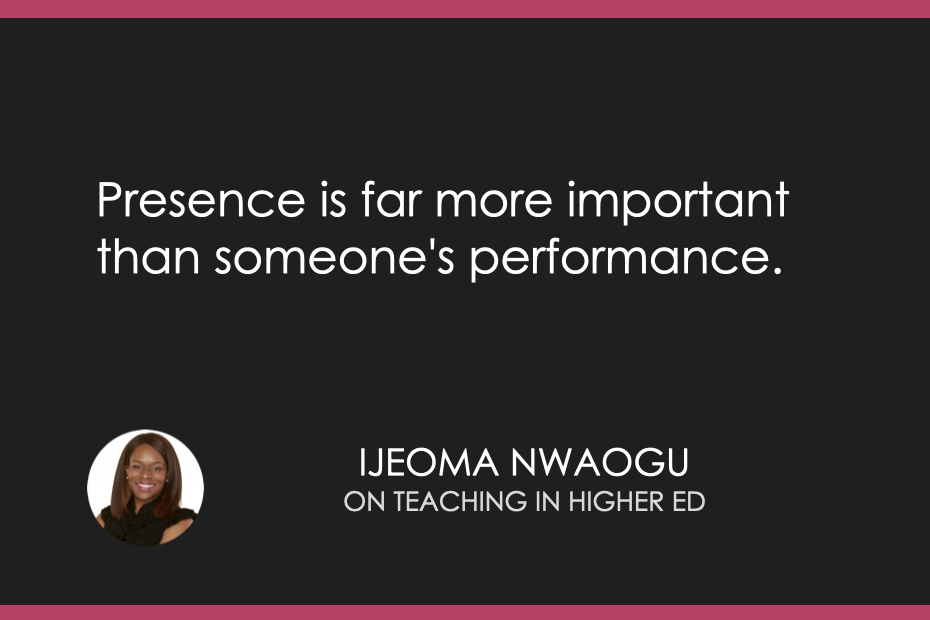
 Teaching in Higher Ed
Teaching in Higher Ed Overcoming Imposter Anxiety
9 snips
Oct 12, 2023 Author Ijeoma Nwaogu discusses her book on overcoming imposter anxiety, highlighting the importance of self-reflection and community support. They also touch on the money aspect in higher education, the power of observation in conversation, and recognizing self-doubt as a sign of success. The hosts share their anticipation for the book release.
Chapters
Transcript
Episode notes
1 2 3 4 5 6 7
Introduction
00:00 • 2min
Observing People's Talents and Finding Joy
02:20 • 2min
Overcoming Imposter Syndrome: Reflection, Self-Reflection, and Community
03:57 • 12min
The Money Aspect in Higher Education
15:51 • 12min
The Power of Listening and Observing in Conversation
27:46 • 2min
Recognizing Self-Doubt and Fear as Signs of Success
29:58 • 12min
Scene analysis and anticipation
42:00 • 3min

